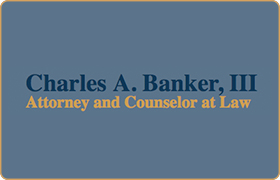Dickinson Felony Lawyer, Texas
Sponsored Law Firm
-
 x
x

Click For More Info:
-
Charles Banker, Attorney at Law
405 Main St. Ste. 910 Houston, TX 77002» view mapCriminal 30 Years Experience
You need an attorney with criminal defense knowledge who will vigorously protect your rights.
800-969-9880
Charles August Banker
✓ VERIFIEDMr. Banker is a board certified specialist in criminal law with 30 years experience. He is dedicated to the best interest and well-being of those he r... (more)
Mark W. Bennett
Since graduating from law school in 1995, he has dedicated his career to criminal defense, never stepping foot in the realm of prosecution. Mark posse... (more)
Mervyn Milton Mosbacker
✓ VERIFIEDMy mission is to vigorously fight for my client and to make sure my client is protected from unfair and abusive government or law enforcement actions.... (more)
Marshall Douglas Murphy
Doug Murphy stands as a prominent figure in the legal realm of Houston, Texas, with a focus on Criminal Law and DWI Defense. His career, which began i... (more)
Adam W. Capetillo
✓ VERIFIEDMr. Capetillo was born, raised, and still resides in Fort Bend County, Texas. He graduated from B.F. Terry High School as a fighting Terry Ranger Base... (more)
John M. Petruzzi
FREE CONSULTATION
CONTACTFREE CONSULTATION
CONTACT Charles Banker Houston, TX
Charles Banker Houston, TX AboutCharles Banker, Attorney at Law
AboutCharles Banker, Attorney at Law Practice AreasExpertise
Practice AreasExpertise






